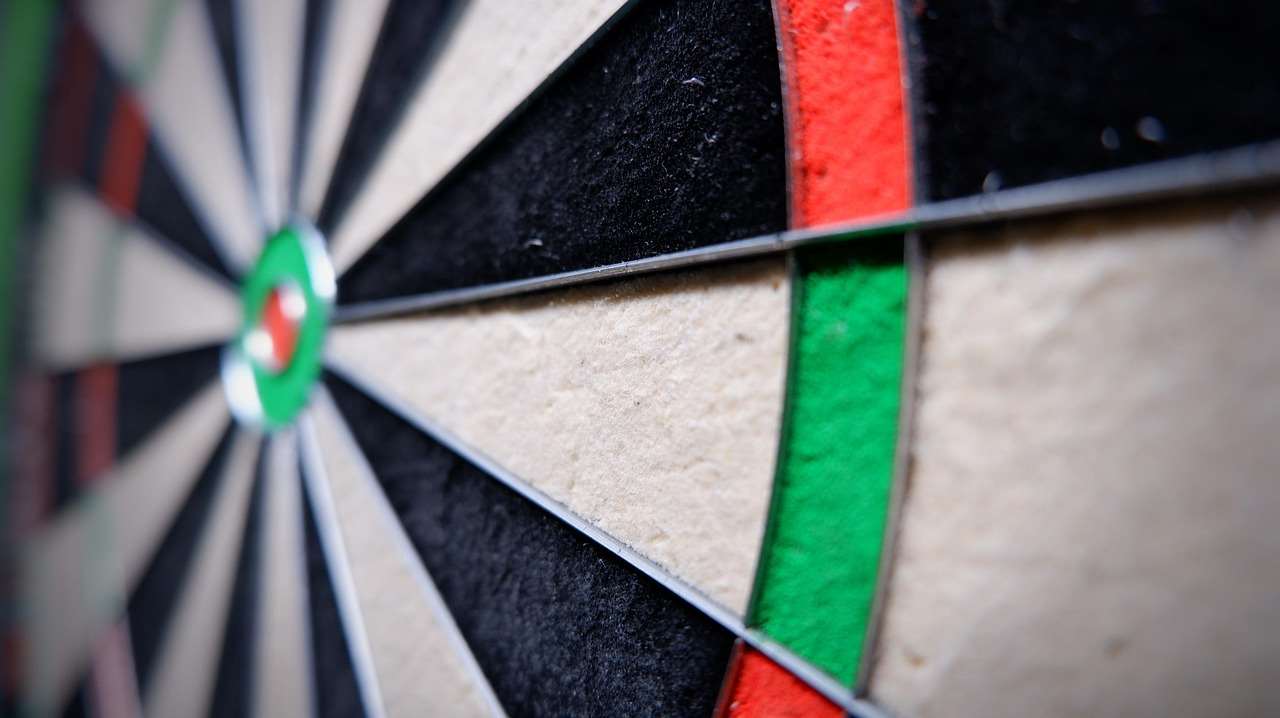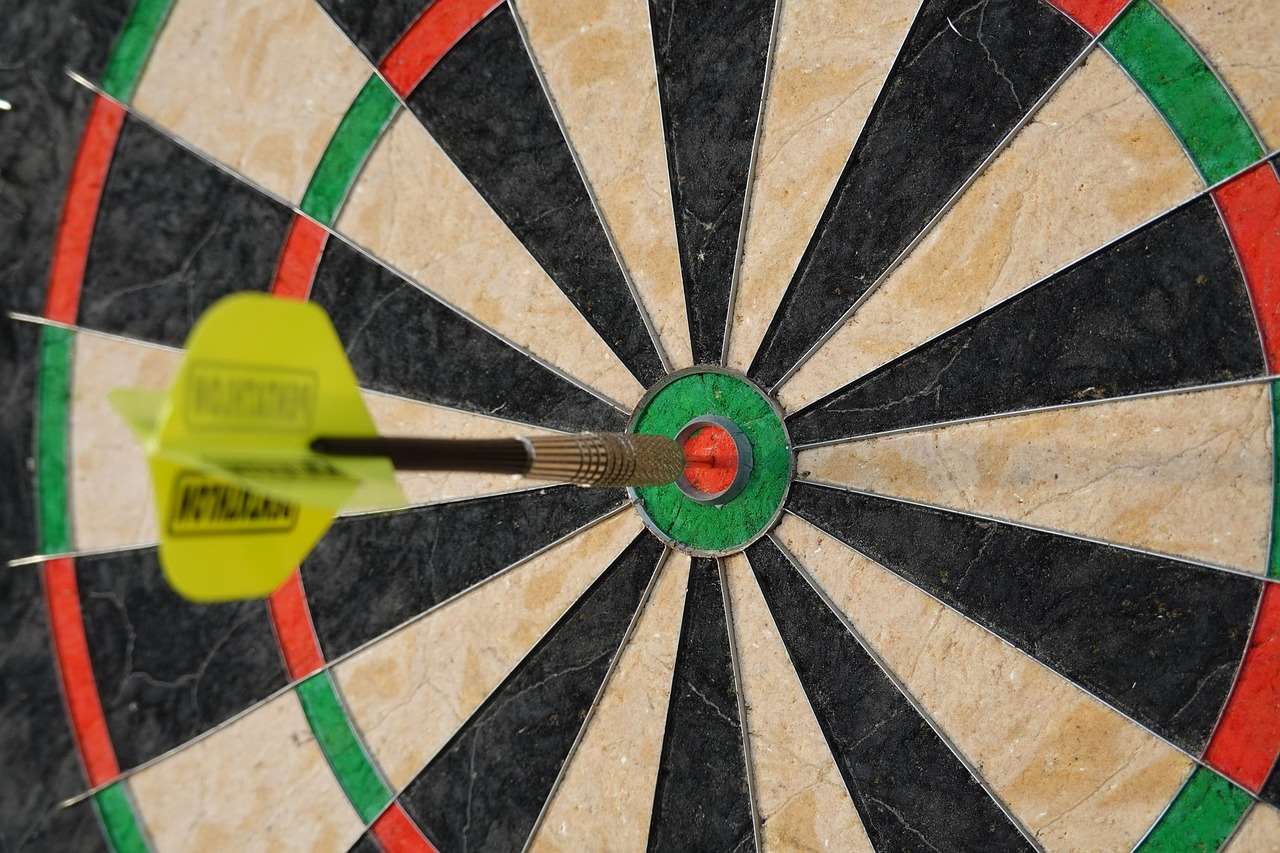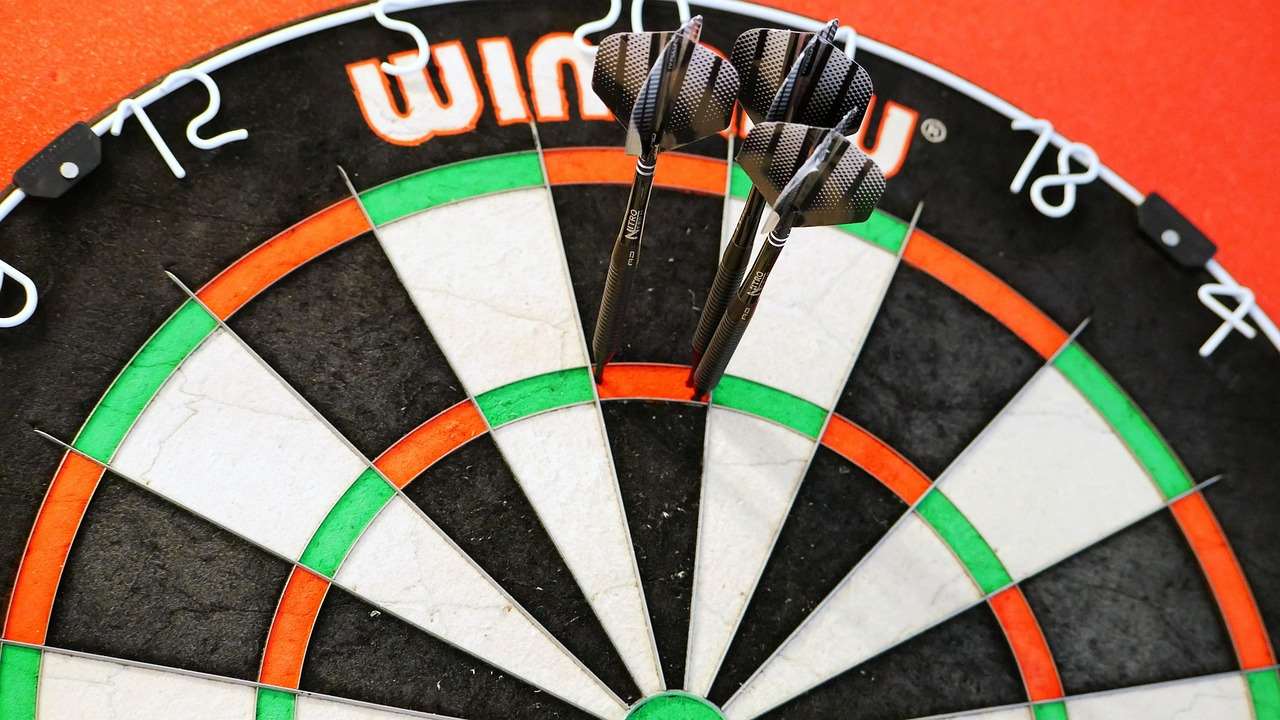Taking legal action against match fixers is crucial for preserving the integrity of sports and maintaining public trust; this article explores the legal frameworks, challenges, and future directions in combating this pervasive issue. We’ll delve into the different types of offenses, the laws that prosecute them, and the global efforts underway to keep sports fair and honest, including discussions on financial irregularities, integrity units, and the importance of robust evidence gathering.
⚠️ Still Using Pen & Paper (or a Chalkboard)?! ⚠️
Step into the future! The Dart Counter App handles all the scoring, suggests checkouts, and tracks your stats automatically. It's easier than you think!
Try the Smart Dart Counter App FREE!Ready for an upgrade? Click above!
Understanding Match Fixing and Its Legal Ramifications
Match fixing, at its core, is the deliberate manipulation of a sporting event to achieve a predetermined outcome, often for financial gain. This can involve players, coaches, referees, or even individuals outside the sport directly influencing the result. The motivations behind match fixing are typically rooted in organized crime and illegal betting syndicates, making it a complex problem to tackle. It’s important to understand the different levels of involvement, ranging from small-scale individual actions to large-scale, coordinated schemes impacting entire leagues.
Legally, match fixing is a serious offense with potential consequences that extend far beyond sporting sanctions. It can involve charges ranging from fraud and conspiracy to violations of specific sports integrity laws. The severity of the penalties often depends on the jurisdiction, the level of involvement of the individual, and the extent of the damage caused to the sport’s reputation. The impact on public trust is significant, leading to decreased viewership and participation, ultimately harming the sport’s financial viability.

Types of Match Fixing Offenses
Several different types of activities fall under the umbrella of match fixing, each with its own set of legal implications:
- Spot-fixing: Manipulating specific events within a match (e.g., a particular number of points scored in a period, or a number of yellow cards issued) without necessarily influencing the overall result.
- Point shaving: Intentionally limiting a team’s score to ensure they do not cover a betting spread.
- Deliberate losing: Intentionally losing a match to gain an advantage in future competitions or to satisfy betting interests.
- Inside Information Trading: Sharing confidential information about a team or player’s condition that can be used for illegal betting.
Each of these offenses can attract distinct legal charges and penalties depending on the specific laws in place within a jurisdiction. Robust compliance measures are vital for identifying and preventing these activities.
The Legal Framework for Addressing Match Fixing
Combating match fixing requires a multifaceted legal approach, involving national laws, international cooperation, and sport-specific regulations. The specific laws used to prosecute match fixers vary widely depending on the country, but they often include elements of criminal law related to fraud, bribery, and conspiracy.
Many countries have also enacted specific laws designed to address match fixing directly. These laws often criminalize the act of manipulating a sporting event and provide for severe penalties, including imprisonment and hefty fines. Furthermore, sports organizations themselves have implemented their own rules and regulations, imposing sporting sanctions such as bans from competition for those found guilty of match fixing. These internal regulations are often complemented by stricter monitoring systems and whistleblower protection programs.

The effectiveness of these legal frameworks depends heavily on strong enforcement mechanisms, including dedicated investigative units and robust judicial processes. Without these, laws become ineffective, and match fixers continue to operate with impunity. As seen in Betting Company Logos Darts Boards, the close relationship between sport and betting further complicates the landscape.
International Cooperation in Combating Match Fixing
Match fixing is often a transnational crime, with betting syndicates operating across multiple countries. Therefore, international cooperation is essential for effectively combating this problem. Several international organizations, such as Interpol and the Council of Europe, play a crucial role in facilitating cooperation between law enforcement agencies and sports organizations worldwide. They work to share information, coordinate investigations, and develop common standards for addressing match fixing. One example is the Council of Europe’s Macolin Convention, which aims to harmonize national laws and improve cooperation in preventing and combating the manipulation of sports competitions.
Effective international collaboration requires strong communication channels, mutual legal assistance treaties, and shared databases of known offenders. This can also extend to collaborating on Darts Betting And Fantasy Leagues Guide for enhanced detection. The establishment of joint task forces and the exchange of expertise are also essential for tackling the complex and ever-evolving nature of match fixing.

Challenges in Prosecuting Match Fixers
Successfully prosecuting match fixers is fraught with challenges. One of the biggest hurdles is gathering sufficient evidence to prove the offense beyond a reasonable doubt. Match fixing often occurs in secrecy, making it difficult to obtain direct evidence such as confessions or incriminating documents. Investigators often rely on circumstantial evidence, such as betting patterns, financial transactions, and communications between suspects.
Another challenge is the reluctance of witnesses to come forward, either out of fear of retaliation or because they are themselves involved in the illicit activity. Whistleblower protection programs are therefore crucial for encouraging individuals to report suspicious activity. These programs provide legal protection and confidentiality to those who come forward, helping to overcome the fear of reprisal. The complexity of financial investigations, particularly when dealing with offshore accounts and shell companies, also poses a significant obstacle.
The Role of Technology in Detection and Prevention
Technology plays an increasingly important role in detecting and preventing match fixing. Advanced data analytics can be used to identify suspicious betting patterns and anomalies in sporting performance. Monitoring systems can track betting volumes, odds movements, and player statistics to flag potential irregularities. Artificial intelligence and machine learning algorithms can also be used to analyze large datasets and identify patterns that might otherwise go unnoticed.

Furthermore, technology can be used to enhance communication and information sharing between sports organizations, law enforcement agencies, and betting operators. Secure platforms can be used to exchange data and intelligence, facilitating faster and more effective investigations. Education and awareness campaigns can also leverage technology to reach a wider audience and promote ethical behavior in sport.
However, it’s critical to recognize that technology is only one piece of the puzzle. It must be complemented by strong legal frameworks, effective enforcement mechanisms, and a culture of integrity within sport.
The Future of Legal Action Against Match Fixers
The fight against match fixing is an ongoing battle that requires constant adaptation and innovation. As technology evolves and betting markets become more sophisticated, so too must the legal and regulatory frameworks designed to combat this threat. One promising development is the increasing adoption of specialized sports integrity units within law enforcement agencies. These units are staffed with experts in sports law, finance, and data analytics, allowing them to conduct more effective investigations. Stricter regulations around Darts Sponsorship And Betting can also play a key role.
Key Areas for Improvement
- Harmonization of laws: Greater harmonization of laws across different jurisdictions is needed to facilitate international cooperation and prevent offenders from exploiting loopholes.
- Increased funding for investigations: Adequate funding must be allocated to support investigations and prosecutions of match fixers.
- Enhanced education and awareness: Education and awareness campaigns should be targeted at athletes, coaches, officials, and fans to promote ethical behavior and deter involvement in match fixing.
- Strengthened whistleblower protection: Stronger whistleblower protection laws are needed to encourage individuals to report suspicious activity without fear of reprisal.
- Greater collaboration between stakeholders: Greater collaboration is needed between sports organizations, law enforcement agencies, betting operators, and other stakeholders to share information and coordinate efforts.

By addressing these challenges and focusing on continuous improvement, we can strengthen the legal framework for legal action against match fixers and protect the integrity of sport for future generations. The complexities and evolving nature of the problem demand sustained and collaborative efforts from all stakeholders.
Conclusion
Taking legal action against match fixers is paramount to preserving the integrity and credibility of sports worldwide. While the challenges are significant, involving sophisticated criminal networks and complex financial transactions, the strategies to combat this threat are becoming increasingly refined. By strengthening legal frameworks, fostering international cooperation, leveraging technology for detection, and prioritizing education and awareness, we can create a more robust defense against match fixing. Ultimately, a collaborative effort between sports organizations, law enforcement, and the public is essential to ensuring fair play and maintaining the trust of fans. We urge everyone involved in sport – from athletes and coaches to administrators and fans – to remain vigilant and report any suspicions of match fixing. Your actions can help safeguard the future of sport and uphold its fundamental values. Learn more about how responsible betting practices contribute to integrity in sports and consider supporting organizations dedicated to fighting corruption in athletics.
Hi, I’m Dieter, and I created Dartcounter (Dartcounterapp.com). My motivation wasn’t being a darts expert – quite the opposite! When I first started playing, I loved the game but found keeping accurate scores and tracking stats difficult and distracting.
I figured I couldn’t be the only one struggling with this. So, I decided to build a solution: an easy-to-use application that everyone, no matter their experience level, could use to manage scoring effortlessly.
My goal for Dartcounter was simple: let the app handle the numbers – the scoring, the averages, the stats, even checkout suggestions – so players could focus purely on their throw and enjoying the game. It began as a way to solve my own beginner’s problem, and I’m thrilled it has grown into a helpful tool for the wider darts community.